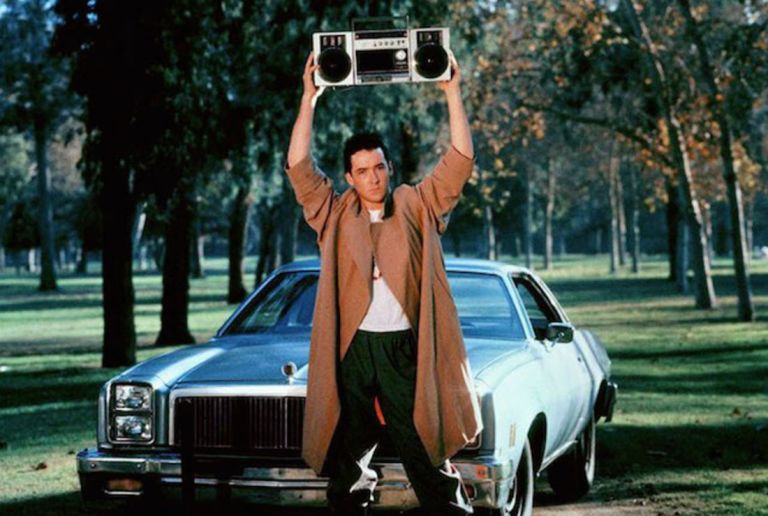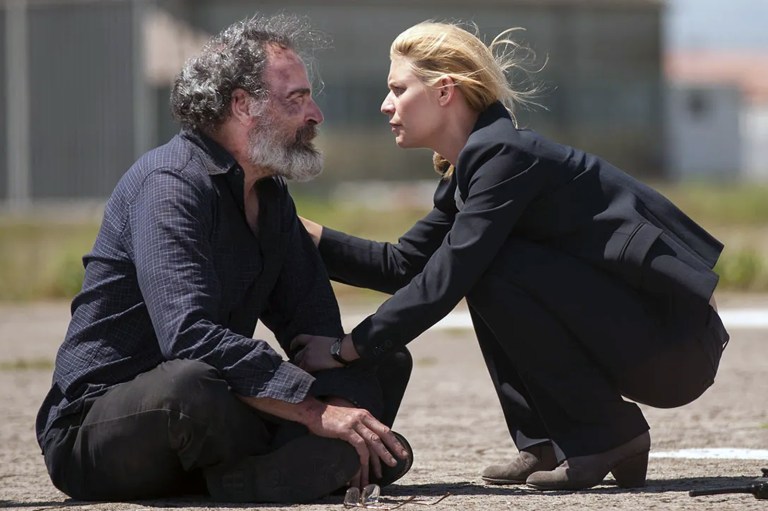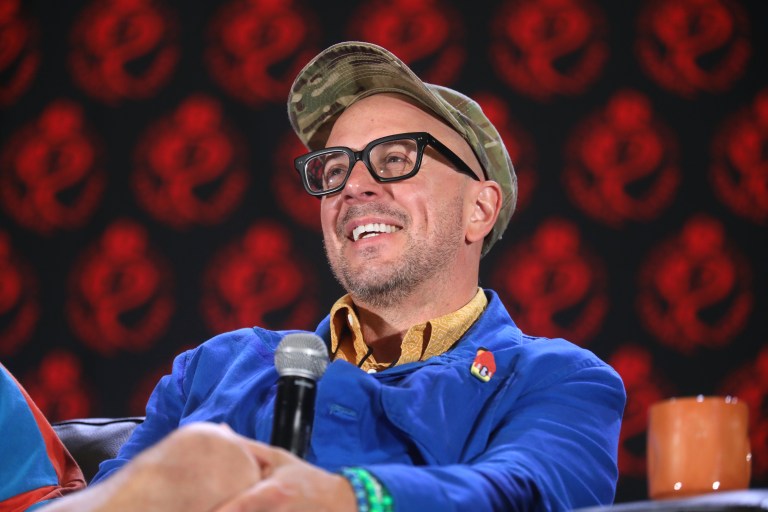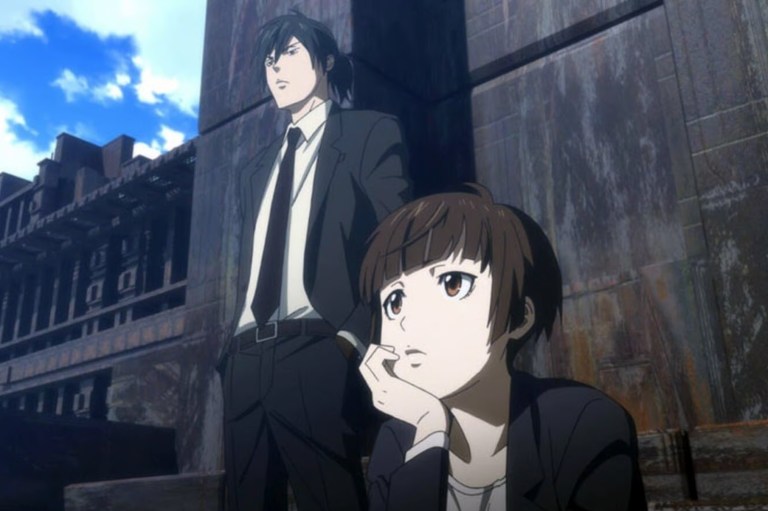
11 Things That Happen When You Accept That You Are Imperfect, And Beautiful Nonetheless
You forgive yourself for the ways you’ve fallen short and learn to show grace to yourself, even when you feel unlovable.

1. You realize that a flaw is not a mark against your character, but a uniqueness that defines who you are and sets you apart.
Instead of searching for ways you don’t match up to the world around you, instead of scouring over magazines and endlessly comparing, you realize that your flaws do not make you less. You realize that the blemishes on your skin do not shape the way you are seen, or the person you are. You realize that the little things that make you different are not marks against you, but rather define you in beautiful ways. You are unique. You are real.
2. You learn that acceptance of the places where you fall short allows you to start over and heal.
When you acknowledge your humanness, you understand that you can, and will, fall short. You understand that you won’t be perfect—that perfect is impossible—and instead of hating yourself for the standards you didn’t reach, or beating yourself up over what you didn’t achieve, you smile with pride at where you are and push yourself to begin again. When you acknowledge that you are a person, you give yourself space to start over and to heal.
3. You find that being perfect is boring, and having mistakes and quirks and differences makes you interesting.
When you accept that you are imperfect, you realize how bland perfection truly is. There is nothing unique, nothing notable, nothing different about something or someone without flaws. Having a past, having a story, having blemishes and beauty marks and traits that make you you—that’s interesting.
4. You learn to let go of what you cannot control.
There is so much in this life that you cannot make sense of, cannot fix, cannot replace, cannot shape the direction of. And once you understand that you are human and incapable of controlling every aspect of this life, you learn to breathe. You learn to slow down. You learn acceptance—of what’s happening around you, and most importantly, of yourself.
5. You find you are completely whole, even with blemishes and imperfections and past failures.
When you accept that you are human, you realize that you have been, and always will be, completely whole on your own. There is nothing you are lacking, no area where you are empty, not a thing that you are missing. Imperfections do not make you inferior; your mistakes and failures do not make you inadequate. Who you are—body and soul—is shaped by every uniqueness and decision. And you have been, and always will be, a complete person.
6. You stop seeking validation from people and things outside yourself and find it within your own soul.
Instead of searching for outside acceptance, you find it within yourself. Instead of looking for someone to fill you, you realize you have the power to overflow your own spirit, simply by understanding and appreciating who you are. Instead of reaching out to the world for validation, you learn that you are imperfect and beautiful, simply because you are you.
7. You seek out what makes you different, rather than comparing yourself to images and ideas of the world.
You are not the world. And when you realize this and stop searching for pieces of yourself in other people and things, you being to truly find who you are. You then seek out what makes you different, what allows you to stand out, and you build upon those things, celebrating them for the first time.
8. You see positivity in your reflection, and can look beyond the physical in yourself and those around you.
When you accept your beautiful, messy humanness, you realize that the physical is only a tiny portion of one’s entire identity. When you look in the mirror, you don’t see your flaws first; instead, you see a soul, a person, an entity. And rather than placing so much value on the outer, physicality of yourself and others, you search deeper.
9. You seek light, and do not hold yourself, or others to unreachable standards.
Understanding that you are human means recognizing that you will not exceed every expectation or reach every goal you set for yourself. But sometimes the growth is in the journey, and you learn that achieving greatness can be found in simply believing and taking the next step.
10. You forgive yourself for the ways you’ve fallen short and learn to show grace to yourself, even when you feel unlovable.
You learn that your humanness means you have the capacity for self-love. Instead of reinforcing negativity, you speak kindness to yourself and both encourage and forgive yourself for your shortcomings. You see, for the first time, that perfection is not beautiful—living, stumbling, and continuing is.
11. You celebrate the ups and downs of this life, knowing your experiences are shaping you every step of the way.
Even when you fail, even when you mess up, even when you don’t feel beautiful inside, you realize that these good and bad moments of your life are teaching you who you are. Instead of chiding yourself for not always doing the right thing, you begin to understand that your experiences—positive and negative—are building you. And you celebrate this: your imperfect, beautiful humanness. ![]()












